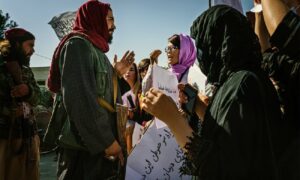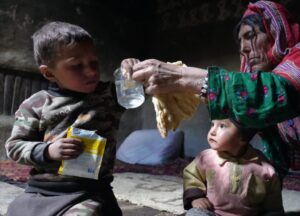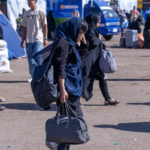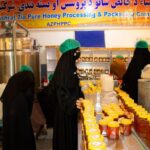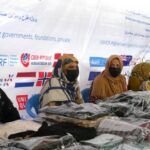A number of protesting women and members of the Purple Saturdays movement have criticized the performance of Rosa Otunbayeva, the UN Secretary-General’s Special Representative for Afghanistan, accusing her of failing to defend human rights and social justice, and calling for her dismissal.
On Sunday, December 25, the Purple Saturdays movement issued a statement urging the United Nations to immediately change its policies towards Afghanistan and replace Ms. Otunbayeva with a more capable individual.
The statement further noted that this organization’s engagement policy has not only strengthened the position of the current government but has also directly contributed to the systematic suppression of women’s rights.
The statement described UNAMA’s approach as conciliatory, claiming it indirectly legitimizes the current government and exacerbates the human rights situation in Afghanistan.
The protesting women have strongly criticized Rosa Otunbayeva’s performance, accusing her of being unable to defend human rights and social justice, and calling for her replacement with a qualified and impartial person who can effectively fulfill UNAMA’s mission in Afghanistan.
The Purple Saturdays movement also called on all human rights organizations, media, and the international community to increase pressure on the United Nations to ensure that it plays its true role in supporting human rights standards in Afghanistan.
Additionally, this movement has urged countries like China and Russia to take seriously the threats and presence of terrorist groups in Afghanistan.
The movement emphasized that Afghanistan needs positive change more than ever, asserting that only the establishment of a legitimate, democratic, and decentralized system can provide a sustainable solution to the current crisis.
It should be noted that the current government has closed girls’ schools beyond the sixth grade and banned women’s access to universities and health institutes.
The government’s restrictions have resulted in millions of girls being deprived of education.
Moreover, women have been prohibited from going to sports clubs, restaurants, public baths, being examined by male doctors, traveling without a male guardian, working in domestic and international NGOs, and even in UN offices in Afghanistan.



